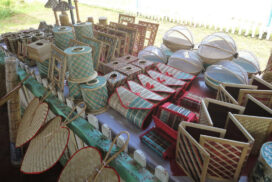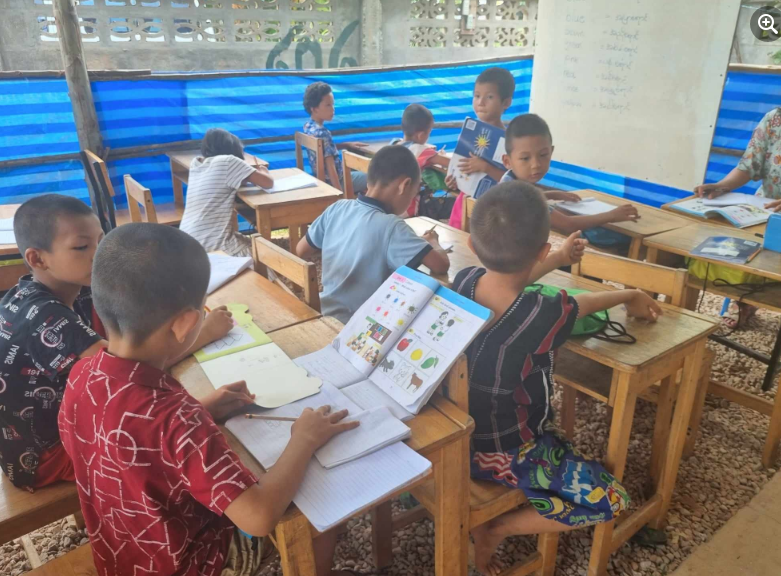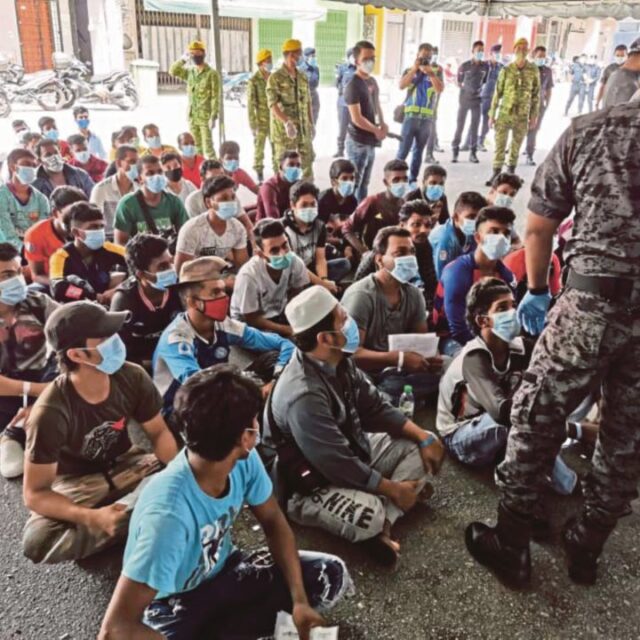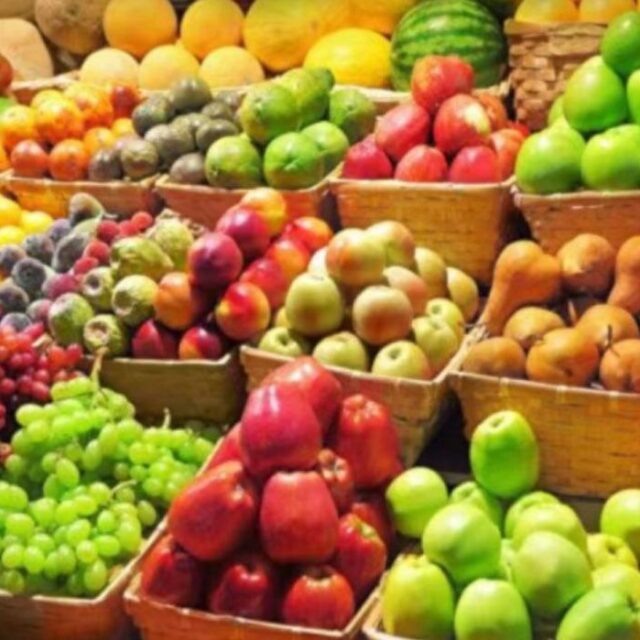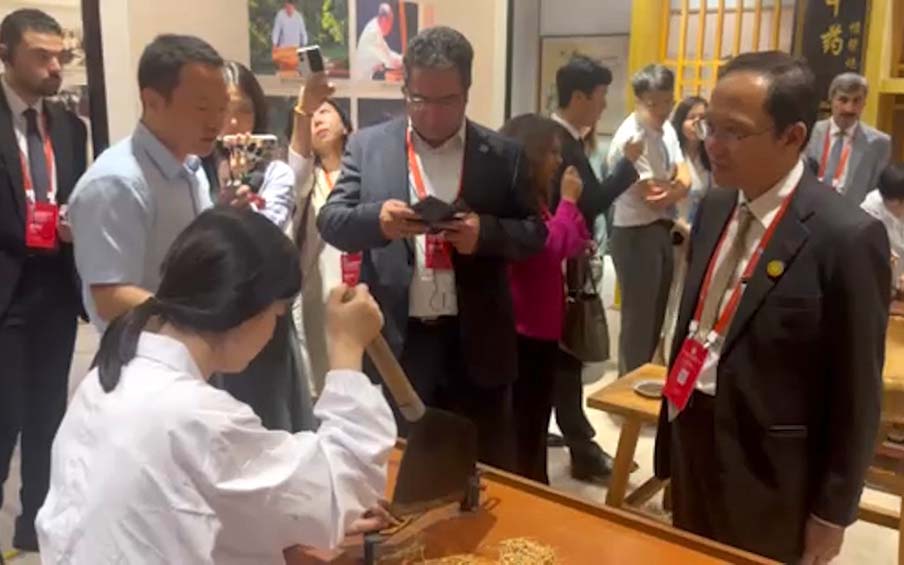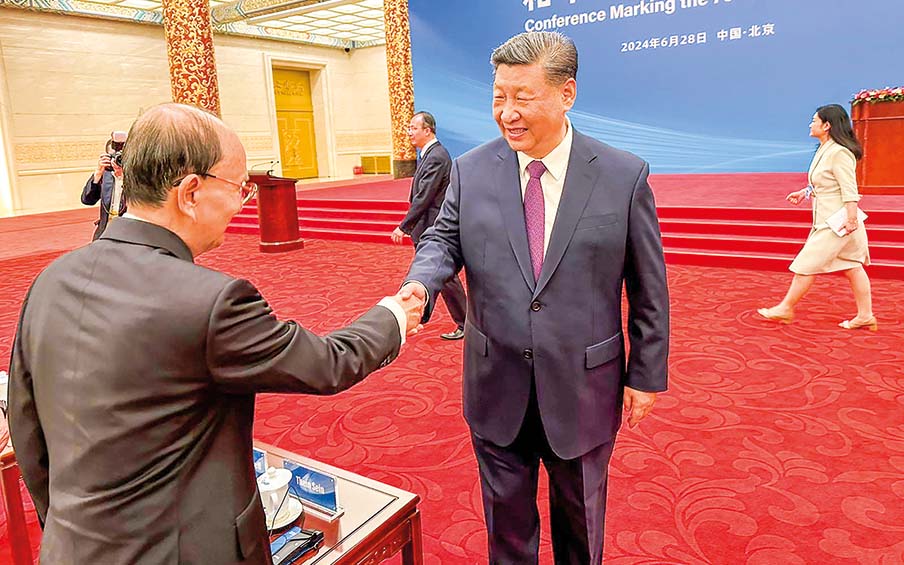The market for counterfeit goods remains robust, yielding tremendous profits year after year. Counterfeit products pose a significant challenge for businesses and consumers worldwide. Despite various efforts, no country has yet found an effective way to combat fraudulent goods and imitated trademarks, leading to an increasing prevalence of counterfeit products daily.
Surveys indicate that the counterfeit market was the world’s most pervasive crime in 2018, with an estimated value between $1.7 trillion and $4.5 trillion. This figure surpasses the combined proceeds from drug trafficking and human trafficking. In Myanmar, many consumers have experienced severe consequences due to counterfeit products. These include loss of life from fake medicines, skin issues from counterfeit cosmetics, diseases from fraudulent foodstuffs, and economic losses from imitated machinery and fertilizers.
Counterfeit goods, particularly medicines, currency notes, and cosmetics, represent a substantial global business. The impact of counterfeit drugs and low-quality products became particularly evident during the COVID-19 pandemic. It highlighted the urgent need for vigilance against counterfeit products to prevent adverse outcomes.
Imitated drugs can lead to drug resistance in patients and contribute to the emergence of new virus variants and disease genes, posing a global health threat. For example, the low quality of masks and unsafe medical equipment during the pandemic led to disputes between users and manufacturers, potentially putting medical staff at risk. Thus, businesses must prioritize quality control to safeguard consumers’ lives and well-being.
Many countries now use QR codes and modern technologies to prevent counterfeiting and ensure product quality. This approach helps protect the reputation of trademarks, reduce business losses, prevent the sale of dangerous counterfeit products, and enhance consumer trust.
It is crucial for everyone to participate in preventing the manufacturing, trafficking, and trading of counterfeit products. Deterrent action against offenders can protect consumer health and rights. By doing so, the dangers of counterfeit and imitated products can be significantly reduced. In fact, as all manufacturers and traders are also consumers, everybody should not neglect the interests of consumers, and they are responsible for focusing on the rights of consumers in combatting counterfeit products.
Counterfeit products are a grave issue with wide-reaching consequences for health, safety, and economic stability. Collective efforts to implement advanced technologies and stringent regulations are essential in combating this pervasive problem. Protecting consumer rights and ensuring product integrity must be a priority to mitigate the risks associated with counterfeit goods.
Counterfeit products are a grave issue with wide-reaching consequences for health, safety, and economic stability. Collective efforts to implement advanced technologies and stringent regulations are essential in combating this pervasive problem. Protecting consumer rights and ensuring product integrity must be a priority to mitigate the risks associated with counterfeit goods.




